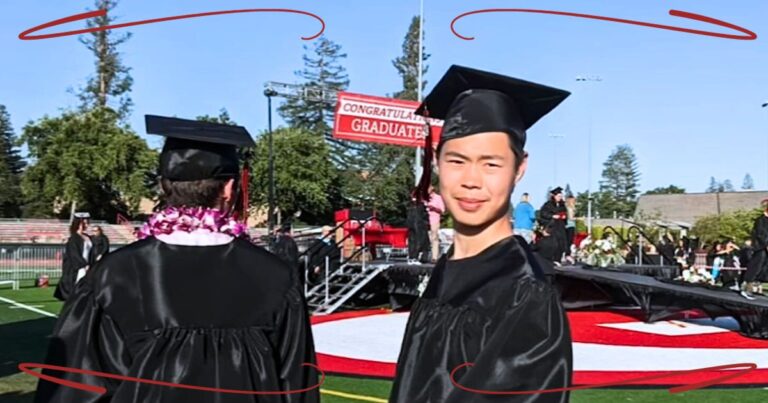
College is becoming a flashpoint issue across the United States.
From who schools are admitting, to the cost of higher education, there is no end to the critique many schools are facing.
But for one California teenager, having a high SAT score and a good GPA, should have improved his chances at getting into college. It didn’t, though.
Stanley Zhong, 18, has found himself in the news over being rejected from 16 out of the 18 colleges he applied to.
With an SAT score of 1590 and a GPA of 4.42, as well as advanced computer coding skills, he found himself facing the real possibility of not being able to earn a college degree. In a world where high-tech jobs require degrees, Stanley was worried.
He was rejected by schools like MIT, Stanford and Cornell University. The only two colleges that accepted his application were the University of Texas (UT) and University of Maryland.
“No one can say they expect to get into Stanford, Berkeley or MIT, but I applied to a few state schools where I thought I had a better chance,” Stanley said.
But he had no idea why the schools had rejected him.

Stanley Zhong, 18, poses with the sign of his new employer, Google. Courtesy Nan Zhong. Photo courtesy of the Zhong family
“I didn’t get any feedback from any admissions offices. You don’t get reasons, you just get ‘you’re rejected,'” Stanley said. “For some of them it was expected. For a lot of them I felt frustrated in the sense of, ‘What do you want from me?'”
I feel like as students, we deserve to know what we should be doing in order to get into these colleges.”
Stanley said that when he was 13, he had created a profile on a software development platform called Github. A recruiter from Google, he said, contacted him about a possible interview.
“That obviously didn’t pan out; I was too young,” he said.
But, faced with all of the rejection letters, Stanley decided to take a chance. He contacted Google to see if, 5 years later, they still might want an interview with him.
They did.
“My family is obviously ecstatic. It’s a big milestone in my life,” Stanley said.
He said he hasn’t ruled out going to college at a later date.

Stanley Zhong
“It depends a lot on how I feel in the future. I have a spot open at UT for next year, so I’ll reevaluate in a year from now and decide what I want to do,” he said. “I might also consider applying a few years down the line, if I feel that I’m missing a lot by not attending college.”
For now, he’s focused on his job at Google and his bigger cause of pushing for transparency and accountability in the college admission process.
Stanley said he wants more dialogue with colleges, a body that can represent students who are applying, a direct line of communication with the heads of admission and some way for students who’re confused about the results to ask “why?”
“I know a lot of people personally, including family, who are in this process or will be in this process soon. They’re in the thick of it right now.”
Obviously, I can’t change anything about my admission results now but if I can help them a little it’s worth it,” he said.
As for what he hopes other teens take from his story, Stanley said, “I would encourage people to look for non-college options, like getting a job. In Palo Alto (where he lives), we have an over-fixation on college as the only next step. There’s a very big emphasis on ‘What college are you going to go to?’ or ‘Is this going to help my college apps?’ or ‘Is my GPA high enough?’ and stuff like that.
“I’m not saying no one should go to college. But people should at least take a look and see if there’s (another) option.”
Watch below for more on Stanley’s quest to hold colleges accountable.


